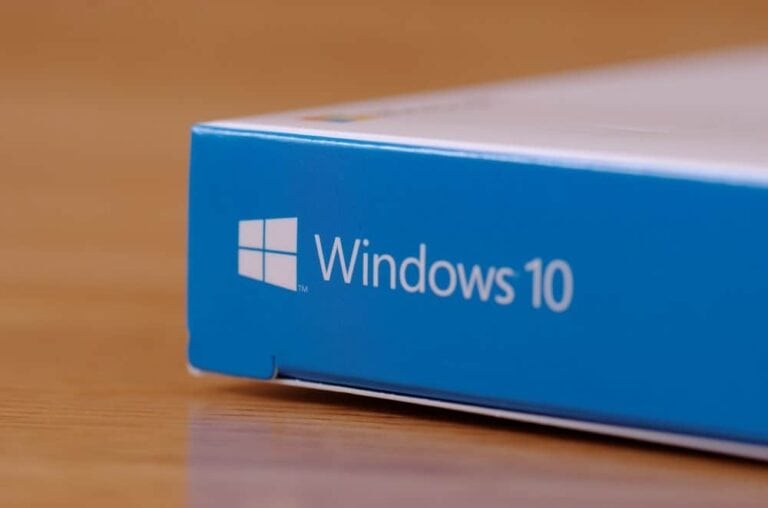For a long time, Microsoft has tried to entice users with a smooth upgrade from Windows 10 to Windows 11. Now that time is running out, the transition is requiring a more heavy-handed approach: those still on Windows 10 today are advised to just buy a new PC.
The requirements for Windows 11 have long been a thorn in the side of many. The requirement for TPM 2.0, a security feature on newer CPUs, means hundreds of millions of computers are bound for the scrapheap as soon as Windows 10 support ends. That end date is fast approaching: Oct. 14, 2025.
Other advice
Despite this increasing time pressure, Windows 11 adoption is far from Windows 10’s. That’s no surprise due to hardware requirements. Still, Microsoft adamantly advised users to upgrade software-wise. Since most organizations replace their PCs every three to four years, the TPM requirement shouldn’t weigh so heavily either, as any CPU from recent years will suffice.
Yet from now on, Microsoft recommends buying an entirely new PC to switch to Windows 11. This move is clearly part of a broader change in direction toward Windows 10 laggards. For example, the tech giant recently stopped recommending Windows 11 on older systems.
Need a new PC?
Those who click through to Microsoft’s support page are presented with a treasure trove of PC options, ranging from ultra-pricey to ultra-low end. For example, the offerings range from the top-of-the-line Microsoft Surface Studio 2+ to a Samsung Galaxy Book LTE with only 8 GB of RAM.
Plenty to choose from, in other words. However, Microsoft also combines these pull factors with a list of the potential dangers for those who are not yet upgrading. After all, end-of-life versions of Windows lose all technical support, software updates and (crucially) security fixes.
Incidentally, there are still Windows 10 versions that are safe to use past Oct. 14, 2025. These are only LTSC (Long Term Servicing Channel) licenses, such as Windows 10 Enterprise LTSC 2019. There, the update supply does not stop until 2029, although for non-critical applications it is an unnecessary cost burden to stick with Windows 10 this way.
Also read: In Windows 11 24H2, a lot is happening under the hood too
